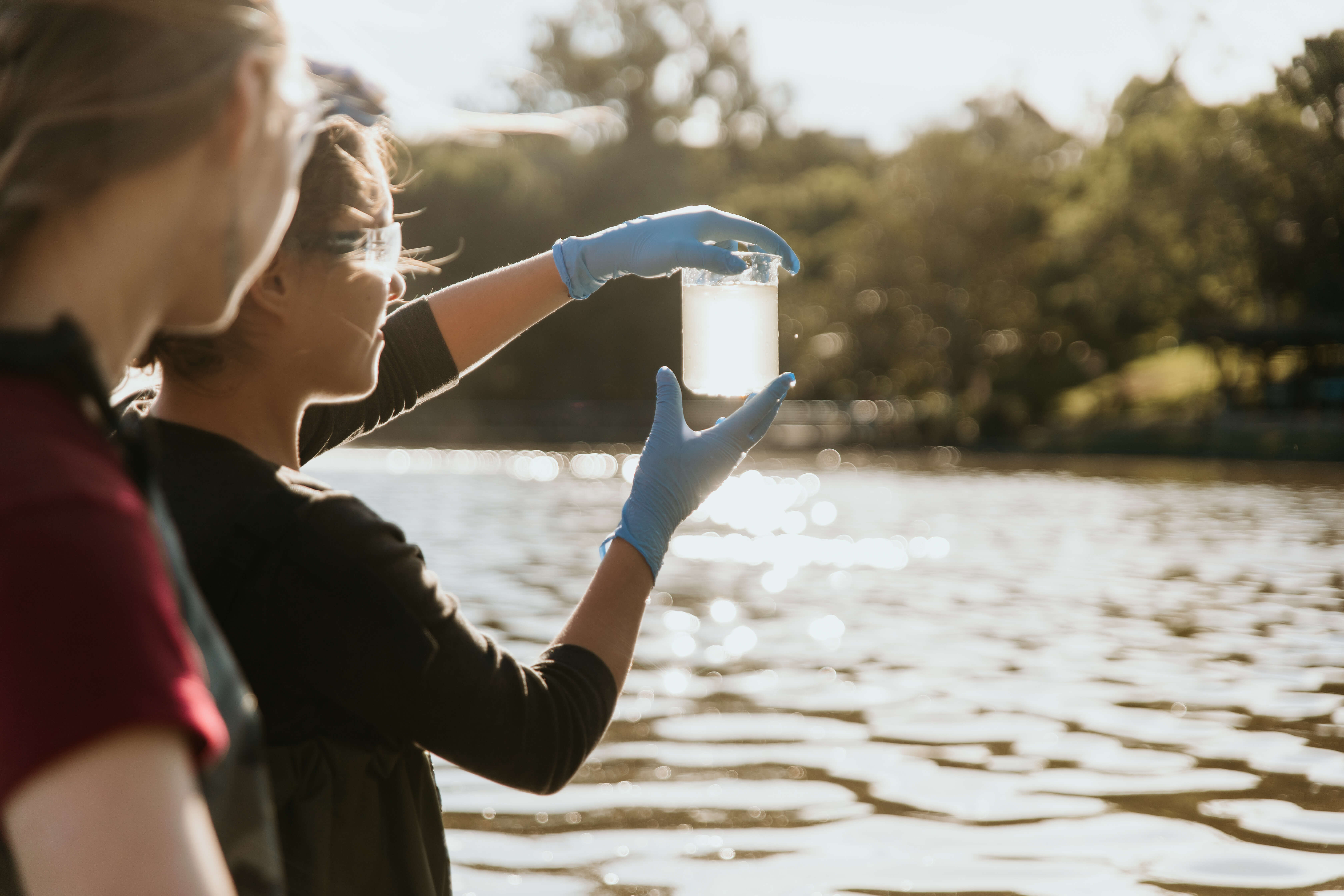The scale of the challenges facing our planet can seem daunting: climate change, dwindling populations of wild plants and animals, and widespread environmental injustice. But together, we can all make a difference.
Conservation scientists are essential to finding effective solutions to the global environmental crisis. They’re not only informing the path we need to follow to build a more sustainable future, they’re also playing a critical role in educating world leaders and decision-makers about why preserving our natural environment is so important. With 92% of environmental specialists employed upon graduation, according to the 2019 Australian Graduate Outcomes Survey National Report, there has never been a better time to make saving the planet your career.
Our planet is facing a biodiversity crisis
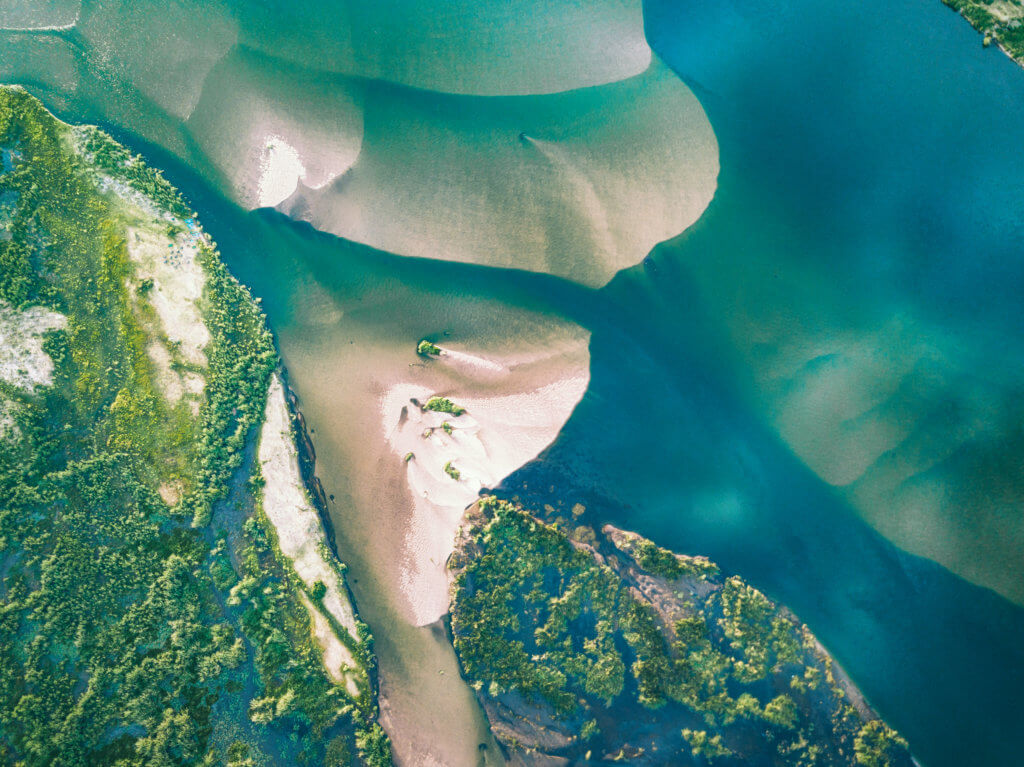
Source: University of Queensland, Faculty of Science
Leading the fight for our environment are institutions like The University of Queensland (UQ), ranked number one in the world for conservation biology in the Centre for World University Rankings 2017. UQ’s Professor James Watson believes biodiversity loss, as a result of ecosystem loss, is one of the greatest global challenges we are facing, with up to half a million species under imminent threat of extinction over the coming decades. “Since 2010, targets for conserving species have shaped policy and motivated efforts to halt species loss worldwide, as part of the Convention on Biological Diversity. Yet no such targets exist for ecosystems — despite the wealth of evidence showing that their health and functions are essential to the processes that maintain all life,” Professor Watson says. “The last decade has seen an extraordinary increase in our ability to map ecosystems and the pressures human increasingly place on them. We must act now as we’re running out of time to save them, with many already severely damaged,” he adds.
While the scientific evidence overwhelmingly demonstrates that protected areas like national parks are vital for the safeguarding and survival of the world’s ecosystems, Professor Watson says that most of nature lives beyond the protected area boundaries. “We need national and global conservation goals that address whole-of-landscape conservation and targets that halt the destruction of habitat that occurs between protected areas. We must focus on retaining Earth’s remaining intact ecosystems that contain key protected areas and prioritise efforts to restore habitat corridors between isolated reserves, providing opportunities for movement and genetic exchange,” he says.
Turn your passion for protecting our planet into a rewarding career
Shaoxin Li says that studying a Master of Environmental Management at UQ gave her the technical expertise and confidence to analyse and implement strategies that balance social equity, environmental sustainability and economic needs. “Studying at UQ enhanced my critical thinking and really opened my eyes to the significance of the environmental challenges our world is facing,” she says.
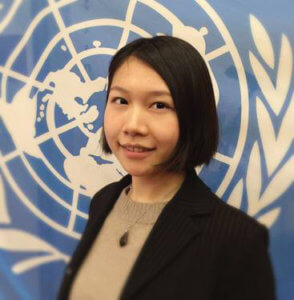
Source: Shaoxin Li – University of Queensland, Faculty of Science
“In particular, the class on International Regulatory Frameworks for Climate Change and Environmental Management helped me gain a deep understanding of global issues relating to environmental economics, biodiversity, and climate change. I also found the supportive multicultural environment I experienced at UQ really improved my confidence in my communication skills. This helped my transition to the diverse working environment of the United Nations Environment Office in China after graduation,” she adds.
Conduct field work in some of the world’s most unique ecosystems
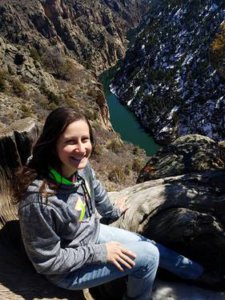
Source: Morgan Rubanow – University of Queensland, Faculty of Science
Studying at UQ gave Morgan Rubanow the opportunity to conduct fieldwork and contribute to real-world research in a diverse range of environments and ecosystems including subtropical rainforests, national parks, islands and the Australian outback. Now working for the Bureau of Land Management in the US state of Colorado, Morgan says there is no better way to learn than to test your knowledge in the field.
“I had the opportunity to research the Northern Quoll on Groote Eylandt in the Northern Territory where I gained valuable experience in the field whilst learning about the island, its wildlife, and the people who lived up there. Another favourite memory of mine involved our fieldwork course to UQ’s Heron Island Research Station on the Great Barrier Reef where I encountered some of the most beautiful marine life while snorkelling as part of class. While we were there, the turtles were nesting and hatching before our eyes,” she says.
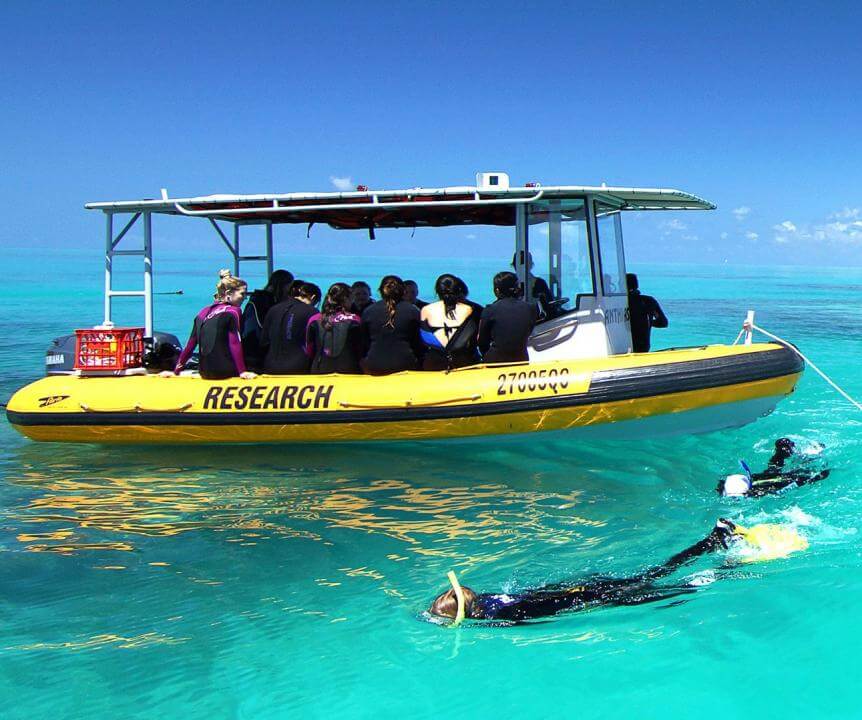
Source: University of Queensland, Faculty of Science
Help secure our planet’s biodiversity, now and into the future
You too can master the science of conservation and environmental management with a world-class education from UQ. For more information about The University of Queensland’s master’s programmes in Conservation and Environmental Management, visit the UQ Future Students website.
CRICOS Provider Code: 00025B

